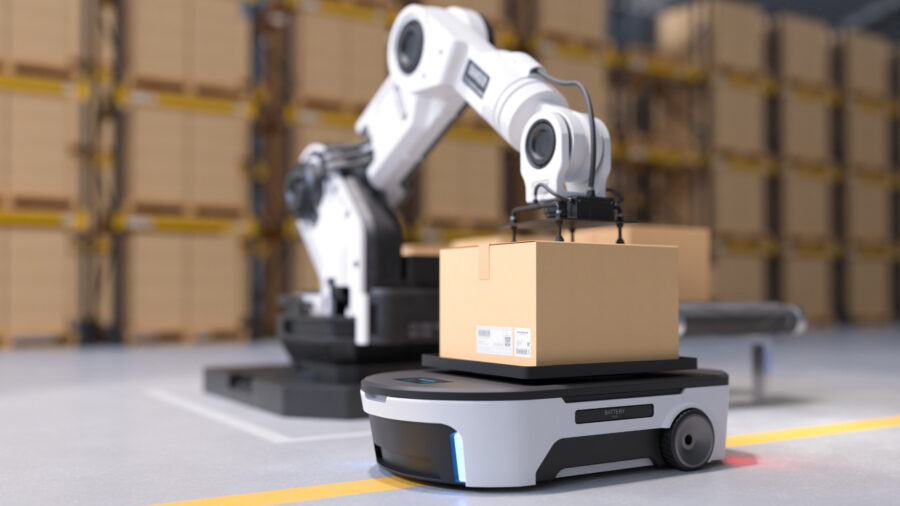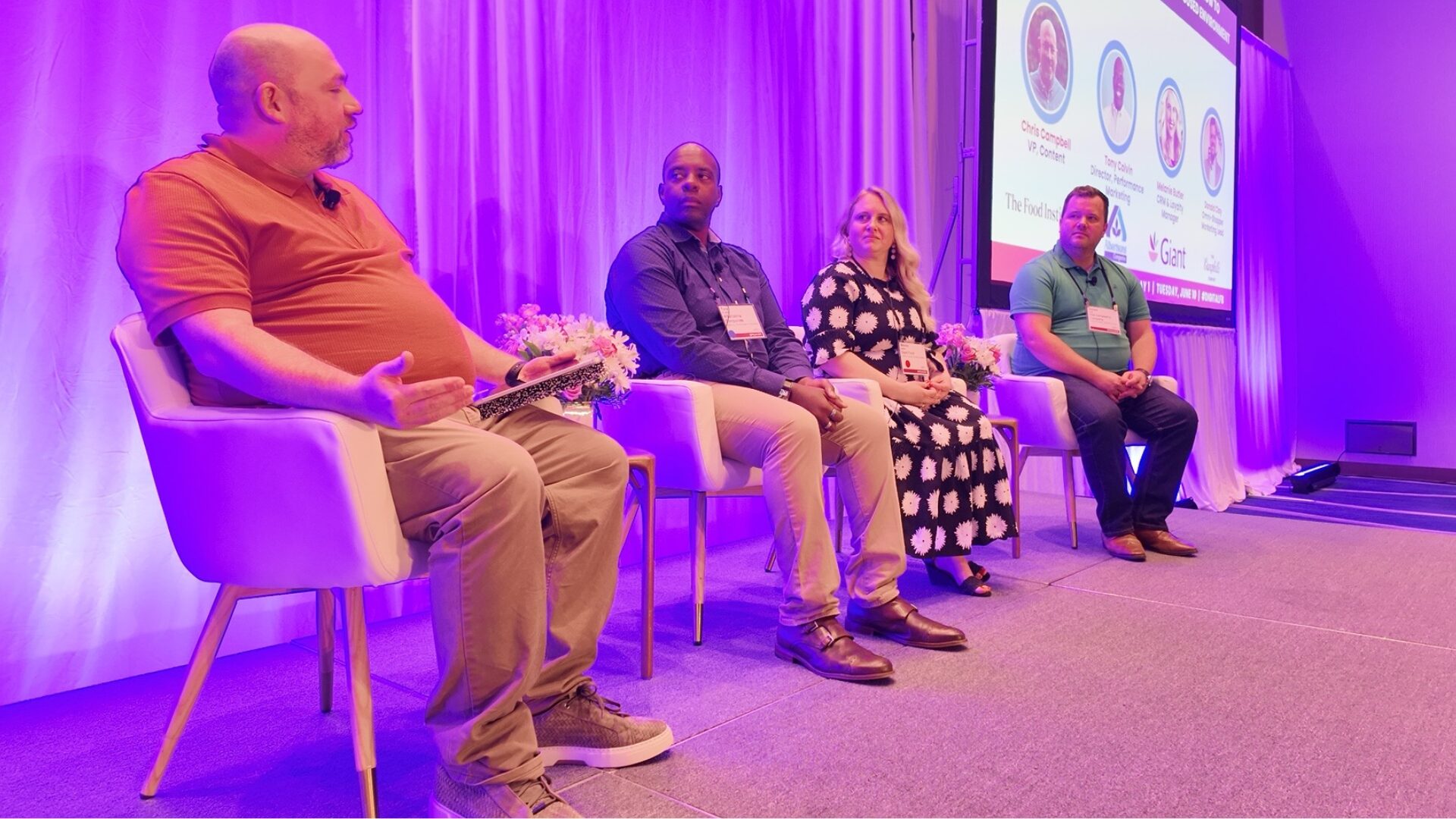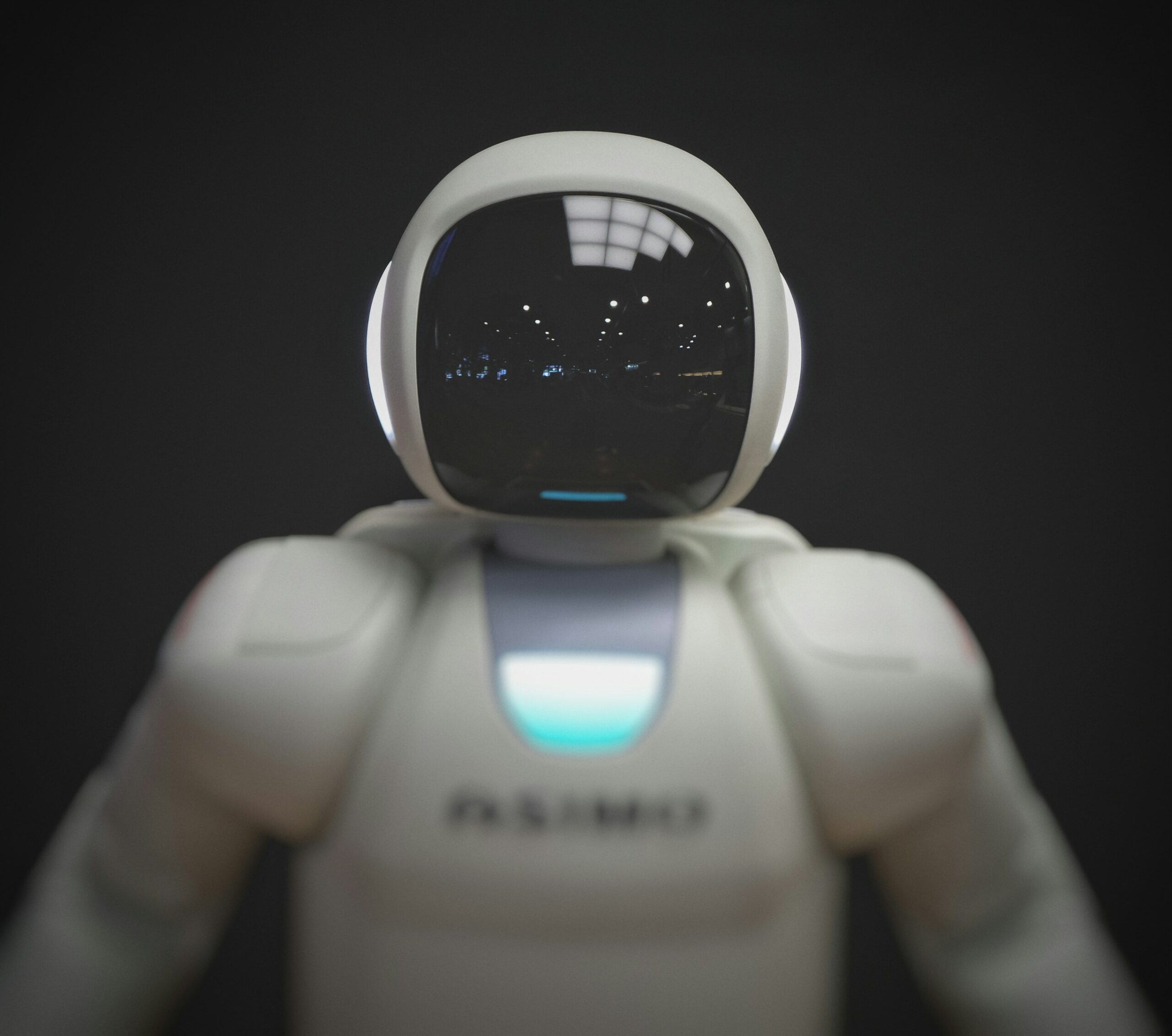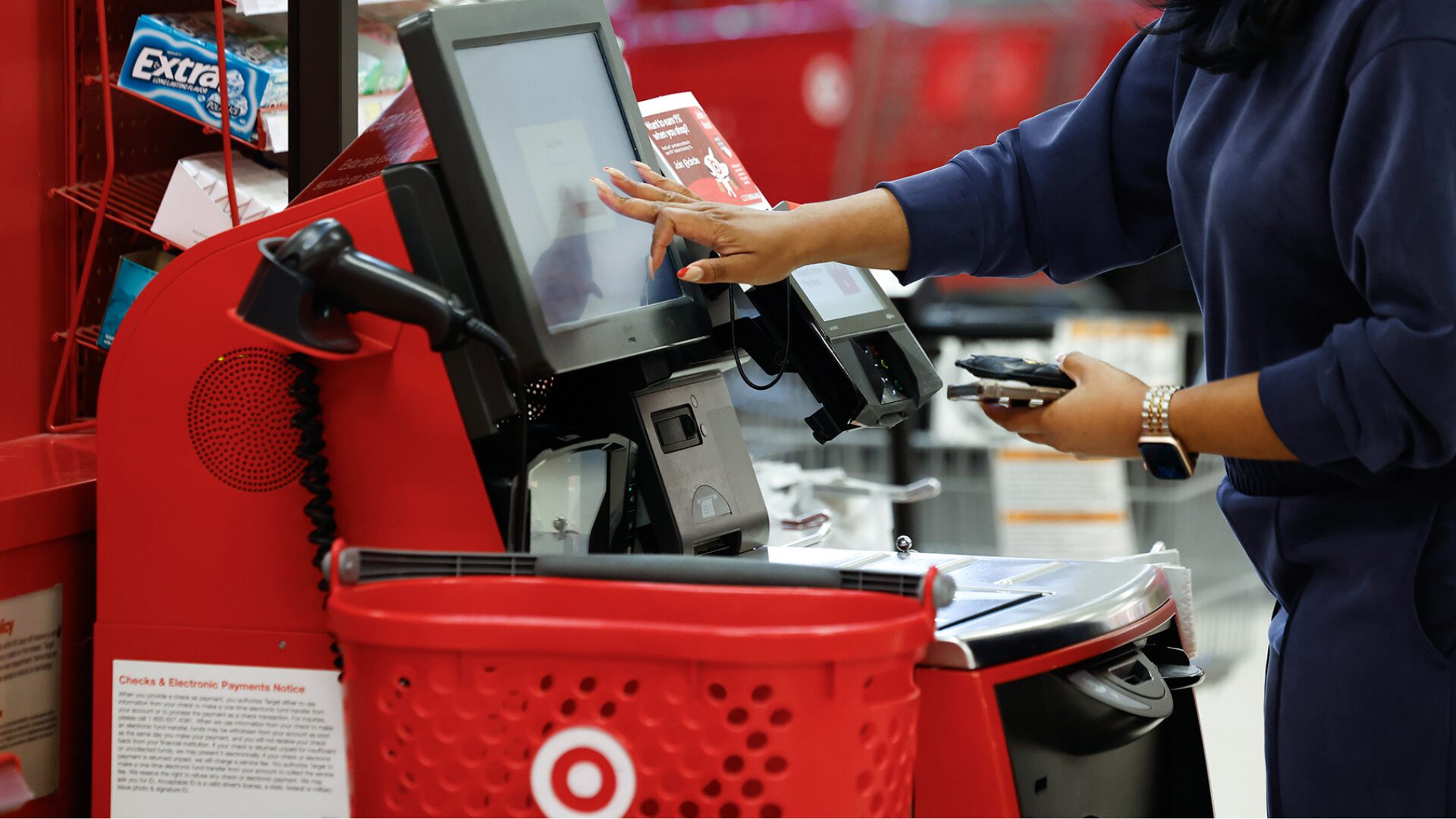There’s nothing artificial about the hype surrounding AI.
The technology that spawned the wildly popular ChatGPT chatbot has food industry leaders intrigued. Yet, most executives seem intent on tempering expectations regarding AI reshaping the workforce. Leaders remain wary of inspiring panic among human employees.
“Technology doesn’t have to replace workers – in fact, it can be used to help them,” Olivier Thierry, CRO at HungerRush, told The Food Institute. “When we integrate technology, such as AI-powered bots, employees have more time to focus on (high-level) demands.”
Consider: In 2022, Jet’s Pizza implemented an AI-powered phone bot that can understand slang and has increased order accuracy. The phone bot is fully integrated with the restaurant chain’s POS systems and menus. Meanwhile, Amazon recently began utilizing warehouse robot pickers that use AI to identify objects.
AI’s impact on the labor market is a primary topic of The Food Institute’s extensive July report, which will be available to members on July 6 (to join FI, click here).
“AI robots aren’t designed to replace human workers,” said Elad Inbar, CEO of RobotLab. “They’re meant to complement and augment the work of humans, particularly in tasks that are repetitive.”
Yes, in the foreseeable future, AI is most likely to replace monotonous and labor-intensive jobs in the food industry, such as sorting, packaging, and quality control. By reducing the amount of physical labor required among human workers, companies can, theoretically, create a safer work environment.
And by incorporating AI into their operations, experts say businesses can reinvest in areas like research and development.
To avoid taking a PR hit when shifting jobs to AI, companies should consider taking the following steps, experts said:
- Communicate transparently about the reasons for adopting AI
- Highlight new job opportunities in areas such as oversight
- Focus on the positives of AI, such as enhanced safety
“Companies could potentially reskill and retrain affected employees for higher-paying roles that require more specialized skills,” said Bhavin Asher, founder of GRUBBRR, a provider of self-ordering technologies.
As this digital transformation continues to evolve, humans will remain involved. Things will just be … different.
“It’s paramount that human employees play a role in the [AI implementation] process, to ensure that the technology is aligned with the overall goals and ethics” of businesses like restaurants, Thierry said.
“Technology can and should be used to empower employees, not replace or hinder them.”
The Food Institute Podcast
Food price inflation has been a constant thorn over the past few years, but are we about to turn the corner toward greener pastures? Wells Fargo Chief Agricultural Economist Dr. Michael Swanson returned to The Food Institute Podcast to discuss emerging trends in food inflation and the changing dynamics between eating at home and eating out. Dr. Swanson also discusses agricultural impacts stemming from both drought and increased rainfall in different parts of the country.












